Usies vs selfies: the latest web photo trend
Social bonding or rampant narcissism? Academics argue over the cultural significance of 'usies'

A free daily email with the biggest news stories of the day – and the best features from TheWeek.com
You are now subscribed
Your newsletter sign-up was successful
A year after the internet was stricken by selfie-mania, a new picture pose is sweeping through Instagram and Twitter: the usie.
Unlike the trend of 2013, the usie allows multiple people to join in on the photographic fun with group snapshots. But as the phenomenon grows, some are bemoaning the rise of yet another daftly named craze that encourages self-obsession.
So what is the usie all about, and is it a boon for friendship or a sign of rampant societal narcissism?
The Week
Escape your echo chamber. Get the facts behind the news, plus analysis from multiple perspectives.

Sign up for The Week's Free Newsletters
From our morning news briefing to a weekly Good News Newsletter, get the best of The Week delivered directly to your inbox.
From our morning news briefing to a weekly Good News Newsletter, get the best of The Week delivered directly to your inbox.
What is an usie?
According to Business Insider, usie-takers "are of the opinion that two is better than one". The picture, also defined as a 'group selfie', requires a crowd or a couple to take a picture together. One person in the image must also take the role of group photographer, which makes the usie a favourite of romantic partners.
And how is that different from a group photo?
One crucial distinction divides an usie from a more typical group picture: arm positioning. Business Insider reasons that since "one person in the picture has to be taking the photo", usies still contain the "signature outstretched arm" of the selfie and therefore qualify for a label of their own.
A free daily email with the biggest news stories of the day – and the best features from TheWeek.com
However, the usie is not the only genre to rise from the ashes of the selfie. Daily Telegraph columnist Olivia Goldhill reports that at least five other -ie labels have appeared as hashtags on social media. The new words include:
- Helfie: a selfie of the hair
- Belfie: a selfie of the derrière
- Welfie : a work-out selfie
- Drelfie : a drunken selfie
- Shelfie : a selfie of your bookshelf
When did usies start getting popular?
Ben Zimmer, a language columnist for The Wall Street Journal, claims that the term has been in use since April 2013, says AP.
And many photos taken during the selfie craze could now retrospectively be called an usie. For example, Pope Francis's pose with young worshippers at the Vatican in August 2013 easily meets the guidelines, as does Ellen DeGeneres' Twitter-crashing celebrity snapshot from the 2014 Oscars.
@KofC epic #selfie #PopeFrancis pic.twitter.com/CLYduUpxDA — Fabio M. Ragona (@FabioMRagona) August 29, 2013
If only Bradley's arm was longer. Best photo ever. #oscars pic.twitter.com/C9U5NOtGap — Ellen DeGeneres (@TheEllenShow) March 3, 2014
Instagram now has a whole page of photographs labelled with the usie hashtag, confirming that the trend has expanded beyond the celebrity world.
How are usies provoking anger?
If "the overblown ego of the selfie dominated our 2013", the usie is another step in the wrong direction, writes Olivia Goldhill, who describes these photos as "endless snapshots of self-obsession". She advocates an end to the online fad, saying that "hashtag trendsetters around the world are clinging onto this verbal trick like late-night stragglers who refuse to accept that the party is over".
The new terminology helps to disguise the true nature of the enterprise, says Oxford Dictionaries editorial director Judy Pearsall. She suggests that the -ie suffix of selfie and usie "helps to turn an essentially narcissistic enterprise into something rather more endearing".
The posting of too many romantic usies on social media can also have negative social effects, cautions Dr Benjamin Le of the University of Haverford in the Daily Mail. "There is some danger in getting too schmoopie about your relationship on Facebook," Le says. "Although your friends will think your relationship is going well, they will like you less."
Could usies actually be a good thing?
Since usies are a more social affair than selfies, some argue that focusing on group subjects for pictures may be better for fostering group connections and relationships.
"Usies are a growing trend that I think have far more social value than selfies," says Michal Ann Strahilevitz, professor of marketing at Golden Gate University in San Francisco. He claims that these photos are "more about the relationship, and less about you and your hair".
"It's magical capturing moments we share with other people," she says.
-
 ‘States that set ambitious climate targets are already feeling the tension’
‘States that set ambitious climate targets are already feeling the tension’Instant Opinion Opinion, comment and editorials of the day
-
 Mixing up mixology: The year ahead in cocktail and bar trends
Mixing up mixology: The year ahead in cocktail and bar trendsthe week recommends It’s hojicha vs. matcha, plus a whole lot more
-
 Labor secretary’s husband barred amid assault probe
Labor secretary’s husband barred amid assault probeSpeed Read Shawn DeRemer, the husband of Labor Secretary Lori Chavez-DeRemer, has been accused of sexual assault
-
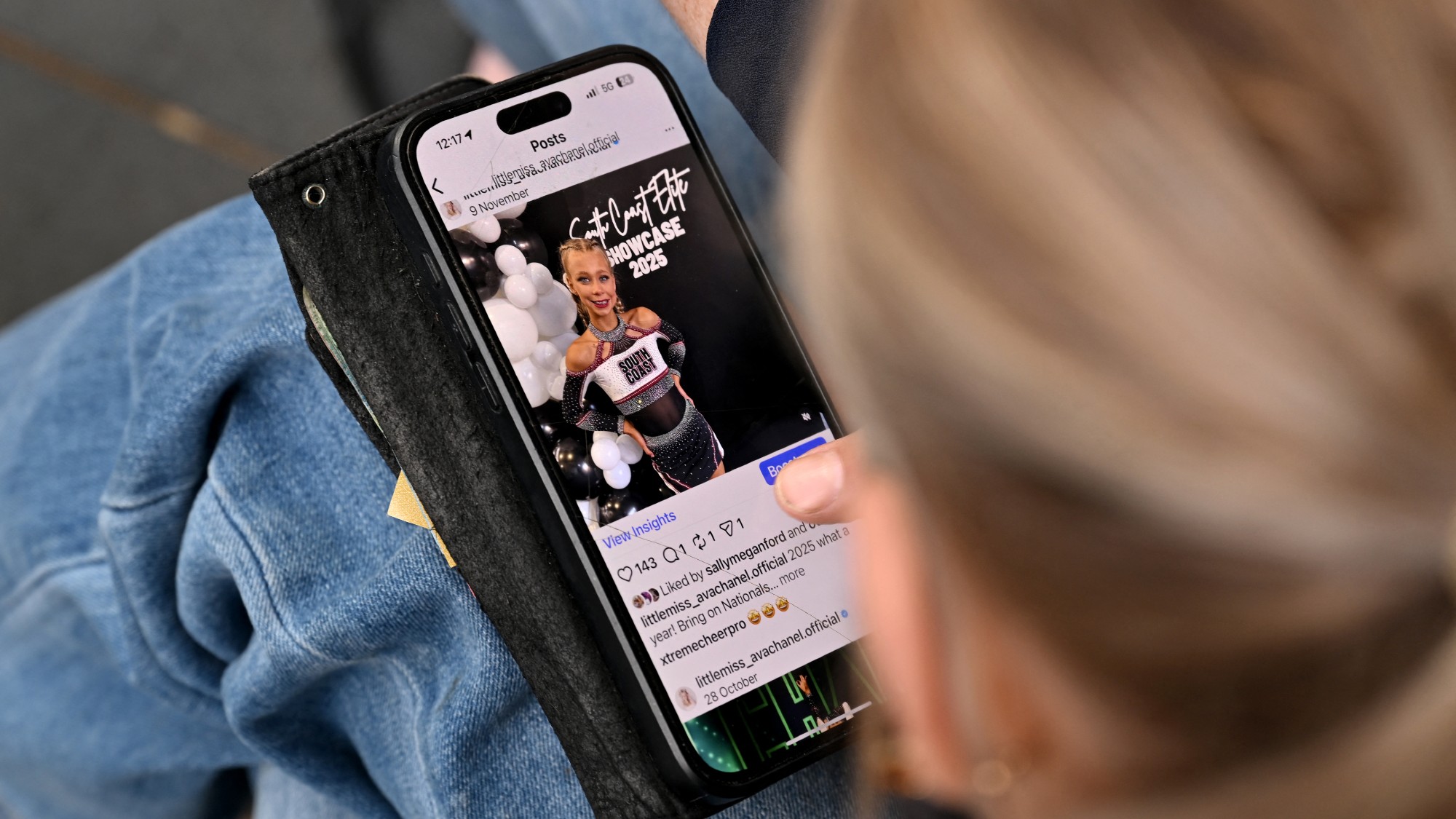 Australia’s teens brace for social media ban
Australia’s teens brace for social media banIn The Spotlight Under-16s will be banned from having accounts on major platforms
-
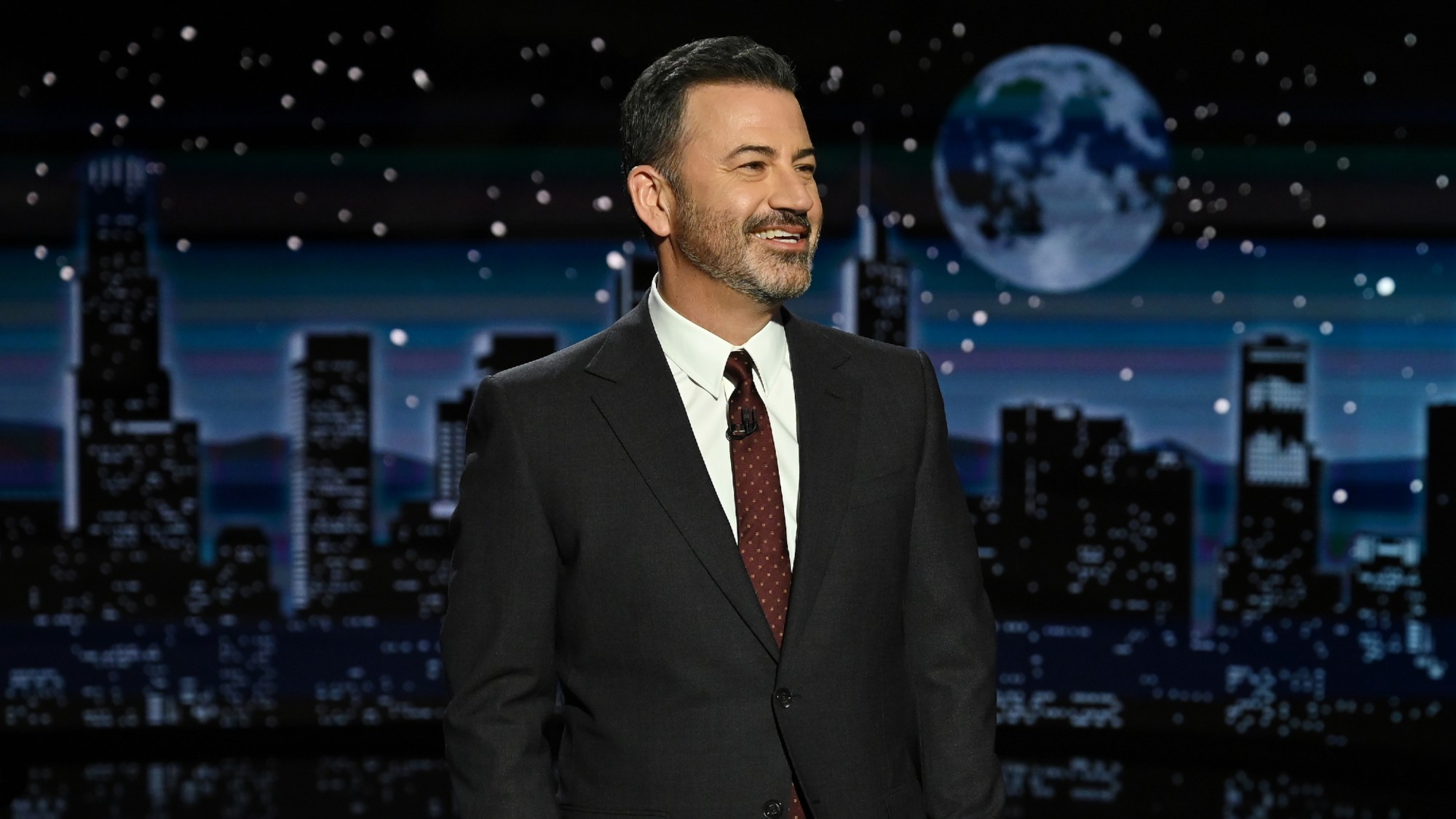 Television personalities who have come under fire
Television personalities who have come under fireIn Depth Jimmy Kimmel is the latest TV host to be swept up in controversy
-
 3 varied alternatives to X for when you simply cannot with the new iteration of Twitter
3 varied alternatives to X for when you simply cannot with the new iteration of TwitterThe Explainer These competing microblogging sites have struggled to catch up to Elon Musk's market behemoth
-
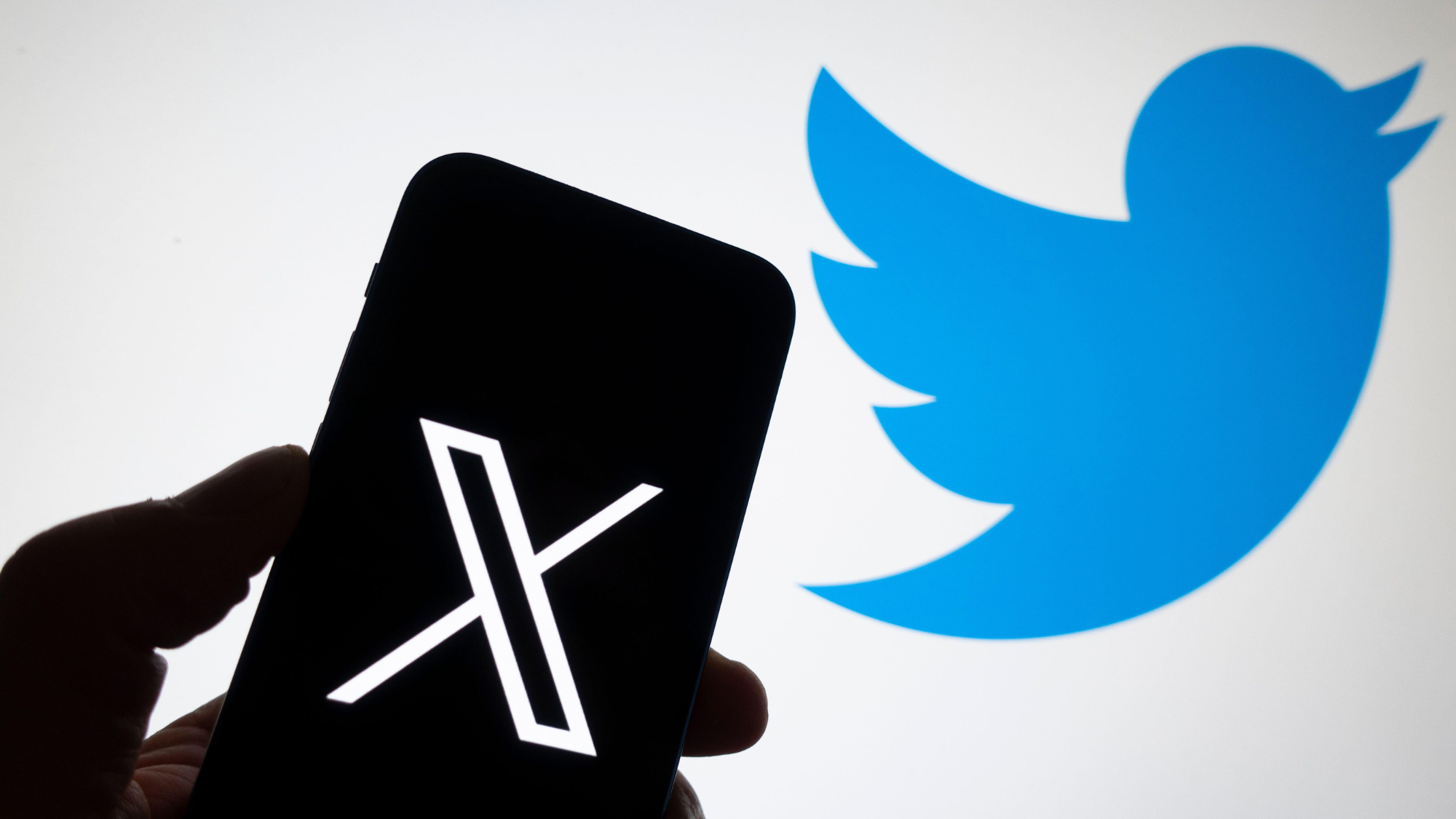 Twitter: Breaking the Bird – a 'riveting' documentary
Twitter: Breaking the Bird – a 'riveting' documentaryThe Week Recommends BBC2's 'fascinating' film charts the social media platform's fall from grace
-
 'Are We Dating the Same Guy?': do Facebook groups harm or help?
'Are We Dating the Same Guy?': do Facebook groups harm or help?Talking Point Women share their relationship experiences to try to stay safe on dating apps but critics highlight legal and emotional issues
-
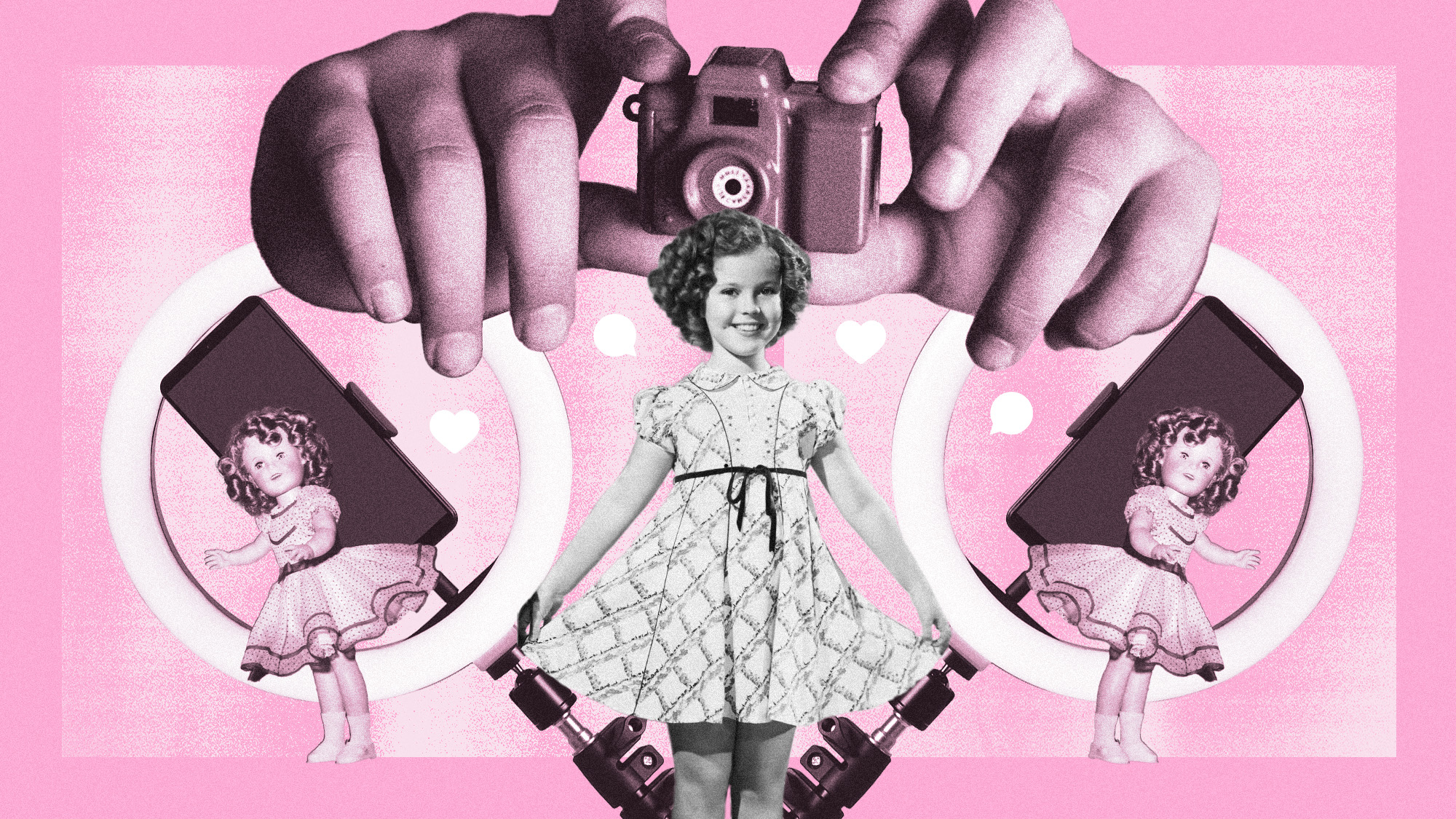 The not-so-hidden dark side of child influencers
The not-so-hidden dark side of child influencersunder the radar Is putting children in the spotlight worth the risk?
-
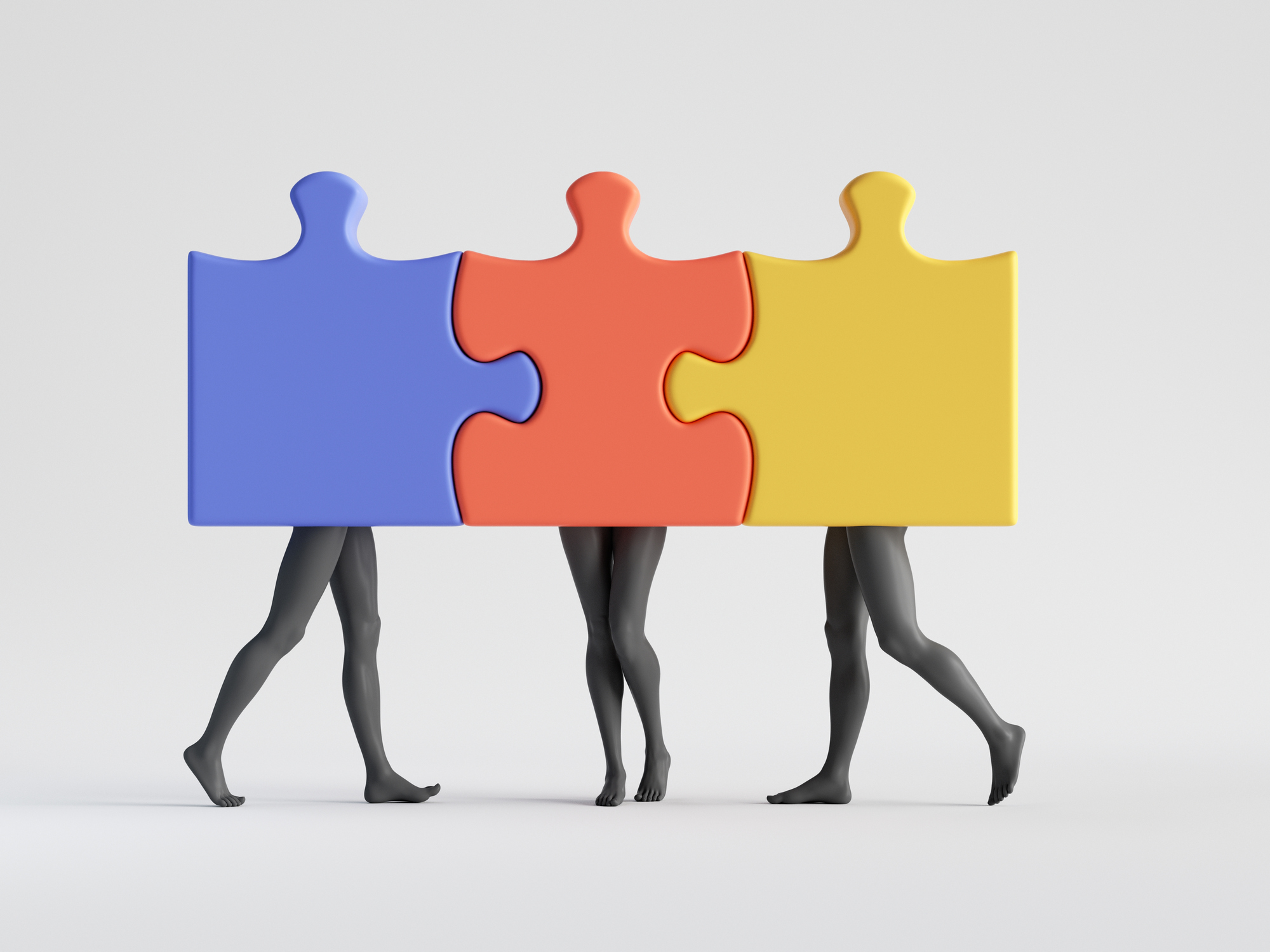 Polyamory is having a moment(s)
Polyamory is having a moment(s)In the Spotlight The latest in loving more — and those who want less of it
-
 From 'thunks' to mixed reality, the future of books is interactive
From 'thunks' to mixed reality, the future of books is interactiveThe Explainer What is in store for literature in an increasingly digital world?